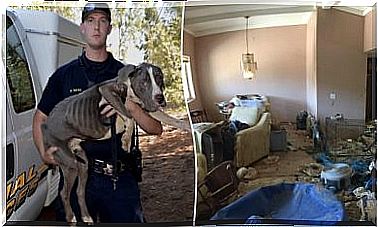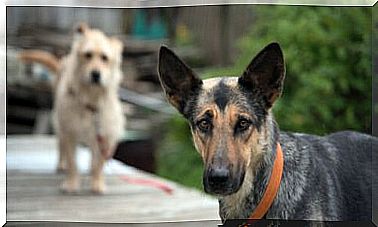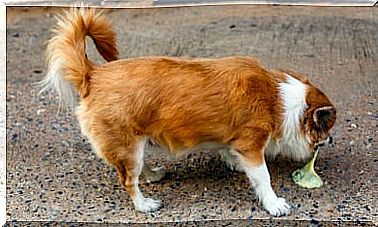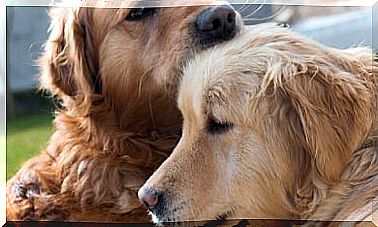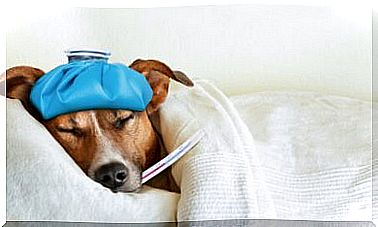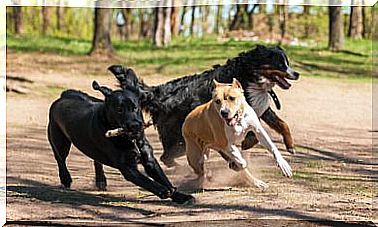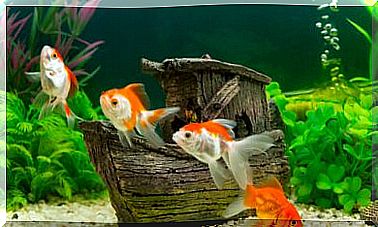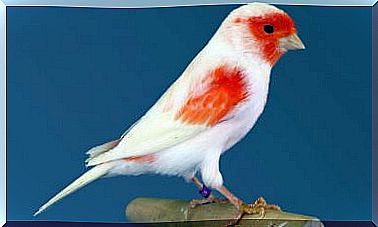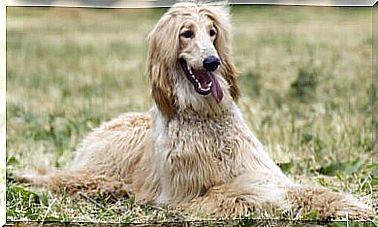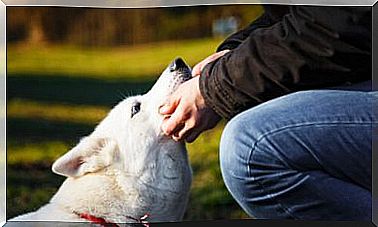Feeding A Duck As A Pet
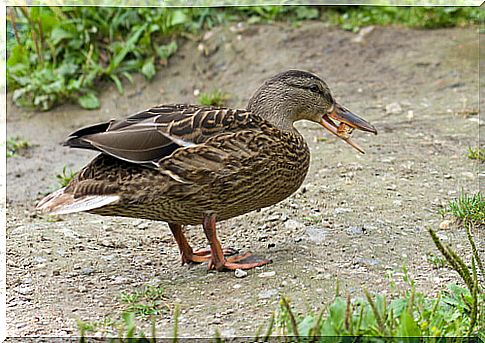
The domestic or farm duck is characterized by the fact that it has almost completely lost the ability to fly ; it no longer has sufficient strength in its wings, unlike the wild duck, which flies with vigor. This change occurs when going from looking for their own food, to being fed by man.
These birds are found all over the world and have a gentle, docile, cheerful and calm character. They are very sociable with humans and live an average of 9 to 12 years.
What does a domestic duck eat?
Ducks have a very broad diet and require a large amount of food. Vitamins, minerals, proteins, and carbohydrates should be included in your diet; They are not demanding with food and in many cases it is easier to keep them than other birds, such as chickens.
It is important not to feed ducks large portions, because processed foods are made to make these birds fat, and in an unnatural way.
Ducks, during their first three weeks of life, eat a special chick feed; subsequently, it is switched to poultry feed. Their diet can be based on specific feed or they can be made a mixture of seeds, fruits and vegetables. It is suggested to feed them about four or five times a day.
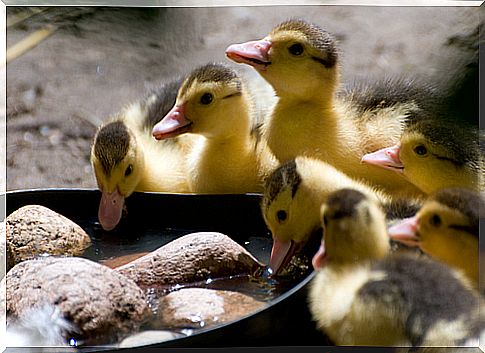
Feeding a duck
In an analysis of the diet of these curious pets, the elements that should not be missing in their diet are the following:
Water
They should always have fresh water. It must be borne in mind that, since ducks do not have teeth, they use water to swallow their food. For this reason, there should never be a lack of water; it is advisable to put it near food and change it twice a day.
The water bowl should be deep enough that the bird can insert its full beak and nostrils easily and unobstructed.
Since water is so important in their lives and dehydration in these animals is serious, it is advisable to have a pond of water where they can swim and drink. The water in this pond must be renewed regularly.
Seeds and grains
Grains are the main source of carbohydrates for ducks, especially rice, corn, barley, and oats:
- Soybeans. They are a source of protein and vegetable carbohydrates; they must be added to their usual feed.
- Sunflower seeds. Sunflower seeds are an excellent source of protein and fat. They facilitate digestion.
- Egg shells and ground bones. They are rich sources of minerals (calcium) and proteins.
- Vegetable and fruit leaves. They are sources of vitamins; there is an extensive list of the best for them. Some examples: lettuce leaves, alfalfa, cucumber, carrot, apple and grapes cut in half. The consumption of fruits should be limited, since an excess of sugar could be harmful to your health.
- Cooked eggs and fish. They are important sources of animal protein.
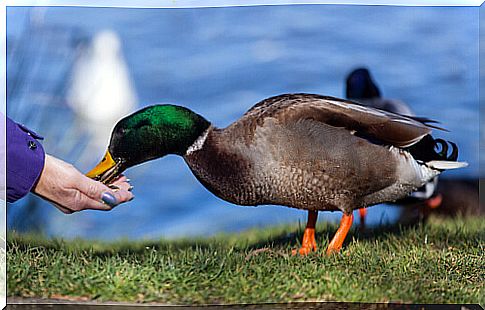
Feeding in the garden
When ducks go out for a walk in the garden or backyard, they may find foods to supplement their diet such as :
Small rocks
Sometimes the ducks feed on pebbles that they find there; These elements help them to grind up the food that could be left in the crop.
Insects
They like to look for insects such as slugs, earthworms, snails, or mealybugs. Some people even use them to eliminate pests from their garden, and thus avoid the use of pesticides.
What a duck should not eat
- Bread. It’s the equivalent of junk food for us. Also, bread causes your water to break down quickly. Although bread is not recommended for our domestic duck, it can be eaten occasionally; ideally, it should be comprehensive.
- Chips. A food that can be harmful to the small digestive system of our duck.
- Homemade food. Unless they are foods indicated in the previous list, ducks do not have an organism adapted to digest human food.
- Meals with condiments. These seasonings irritate the bird’s stomach.
- Foods with sugars. Foods like popcorn, cookies, soda, and chocolate can be very harmful to a duck.
It is important to mention that a diet high in carbohydrates could make the bird sick by causing a pathology called ‘angel wing’; This pathology causes the last joint of one or both wings to twist. This kink weakens them, preventing flight.
